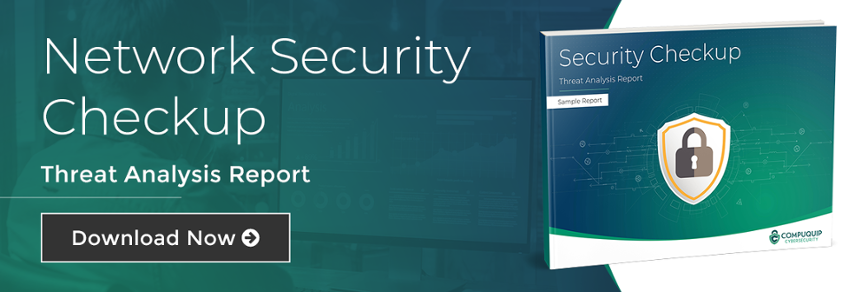4 Reasons to Audit Your Network Security Now
A network security audit can be a crucial tool for helping organizations enhance their cybersecurity. But, not every business is as consistent in performing these audits as they could be—or should be. If you’re looking for reasons to audit your network security to present to others, here are a few of the top reasons to perform a cybersecurity audit right now:
1) It Can Provide Validation of Your Business’ Cybersecurity Efforts
The worst-case scenario for running a network security audit is that you (or your third-party managed security service firm) find no major security gaps in your network. However, instead of viewing such a result as a waste of time and effort, it should be interpreted as a validation of your company’s efforts to maintain (or improve) its cybersecurity.
2) Security Audits Help with Vulnerability Management
While there is always a chance that a network security audit won’t find any major issues, it is far more likely that the audit will reveal one or more security gaps that need fixing. This gives you an opportunity to remediate those vulnerabilities before they become problematic.
For example, say that your company had, in the last quarter, merged with another business in your industry. The other business, however, didn’t use the same software and cybersecurity protections as your own. In fact, where your business might use a multifactor authentication method for its logins, this other business only used single-factor authentication. If the IT assets from that business had not been properly updated with the right network protections (likely because they were not properly identified and inventoried), then attackers could use these assets as the launching point for an attack.
If this story sounds familiar, it’s because this is how, according to reports by the New York Times, JP Morgan Chase ended up suffering a major data breach back in 2014. As noted in the story, “The computer breach at JPMorgan Chase this summer — the largest intrusion of an American bank to date — might have been thwarted if the bank had installed a simple security fix to an overlooked server in its vast network.”
3) To Help Avoid Massive Expenses
According to the 2018 Cost of a Data Breach study by Ponemon Institute and IBM, the “global average cost of a data breach is up 6.4 percent over the previous year to $3.86 million.” That alone provides 3.86 million reasons to audit your network security as frequently as possible.
It is important to note that this figure from the Ponemon Institute is simply an average taken from businesses all over the globe. There are many variables that influence the financial impact of a network security breach—such as:
- The specific type of data that is stolen;
- How many records are compromised;
- How customers respond to the breach; and
- What network protections and remedial actions the business needs to take after the breach.
These variables may make a data breach cost your business less than the $3.86 million cited in the Ponemon report—but it could mean your next network security breach could cost you significantly more.
4) To Protect Your Business’ Good Name
Aside from the financial impacts, a data breach has long-term effects on a company’s public reputation. This loss of reputation can have severe effects on an organization’s ability to do business. For example, a retail business that suffers a credit card data breach may find that customers stop shopping there for fear that their credit card data may be stolen.
The trouble with a loss of reputation is that it’s incredibly difficult to put a price tag on it. How much is the public’s trust worth to your own business?
Some businesses never truly recover from the loss of trust that follows a cybersecurity breach. However, by running a network security audit, you can identify gaps in your cybersecurity architecture and close them—hopefully, preventing a security breach before it can happen.
Need help to audit your network security? Get in touch with a network security specialist from Compuquip Cybersecurity today, or sign up for a network security audit at the link below:

